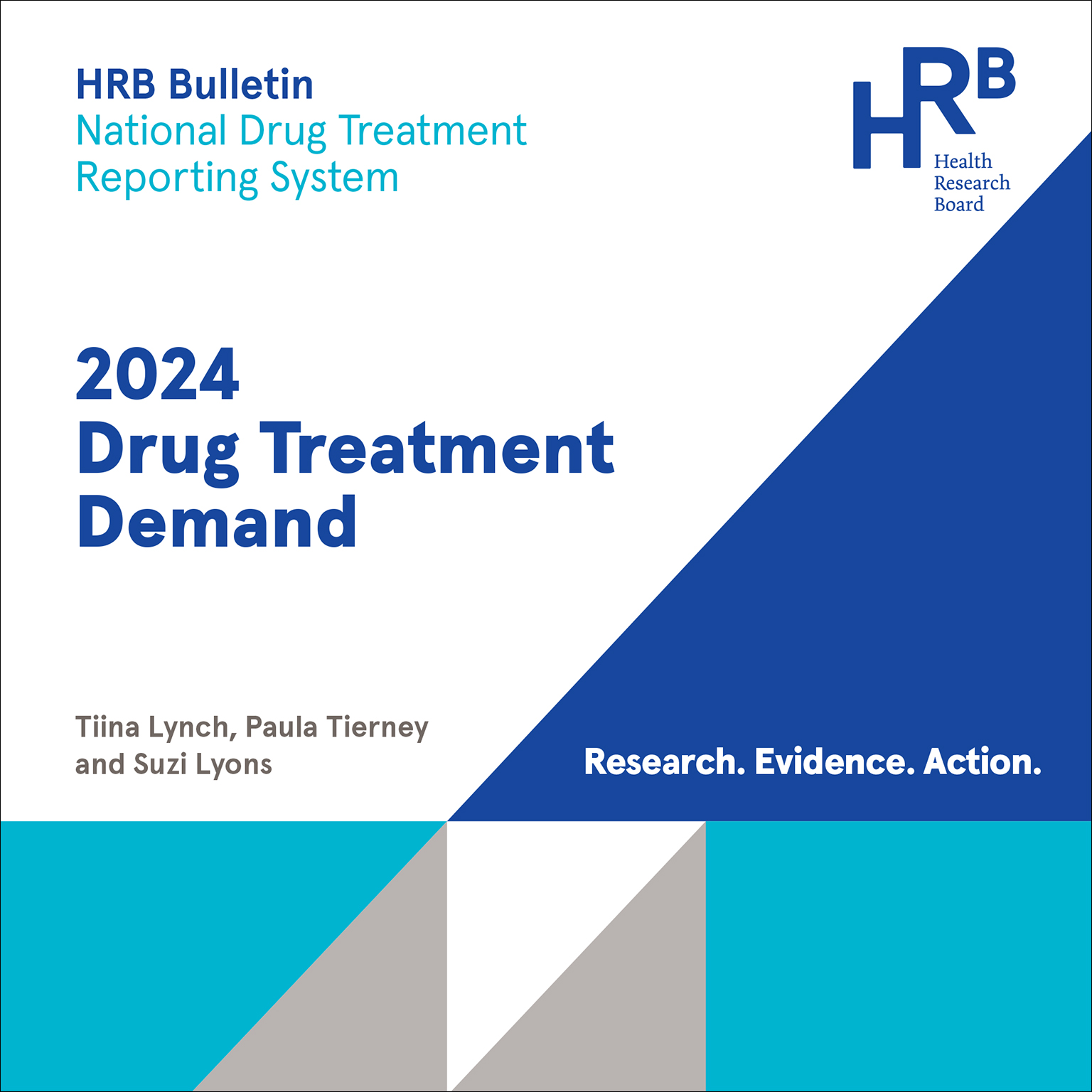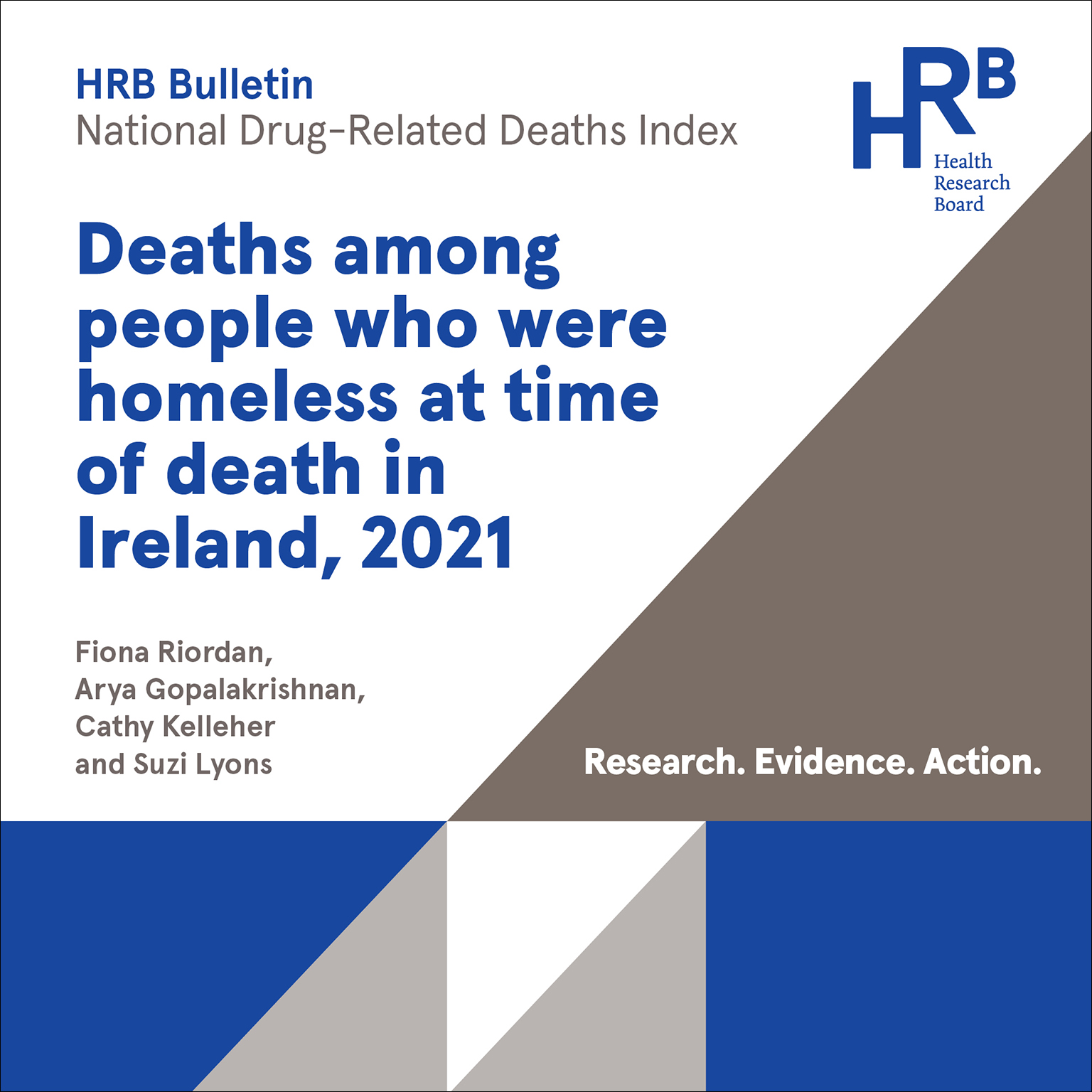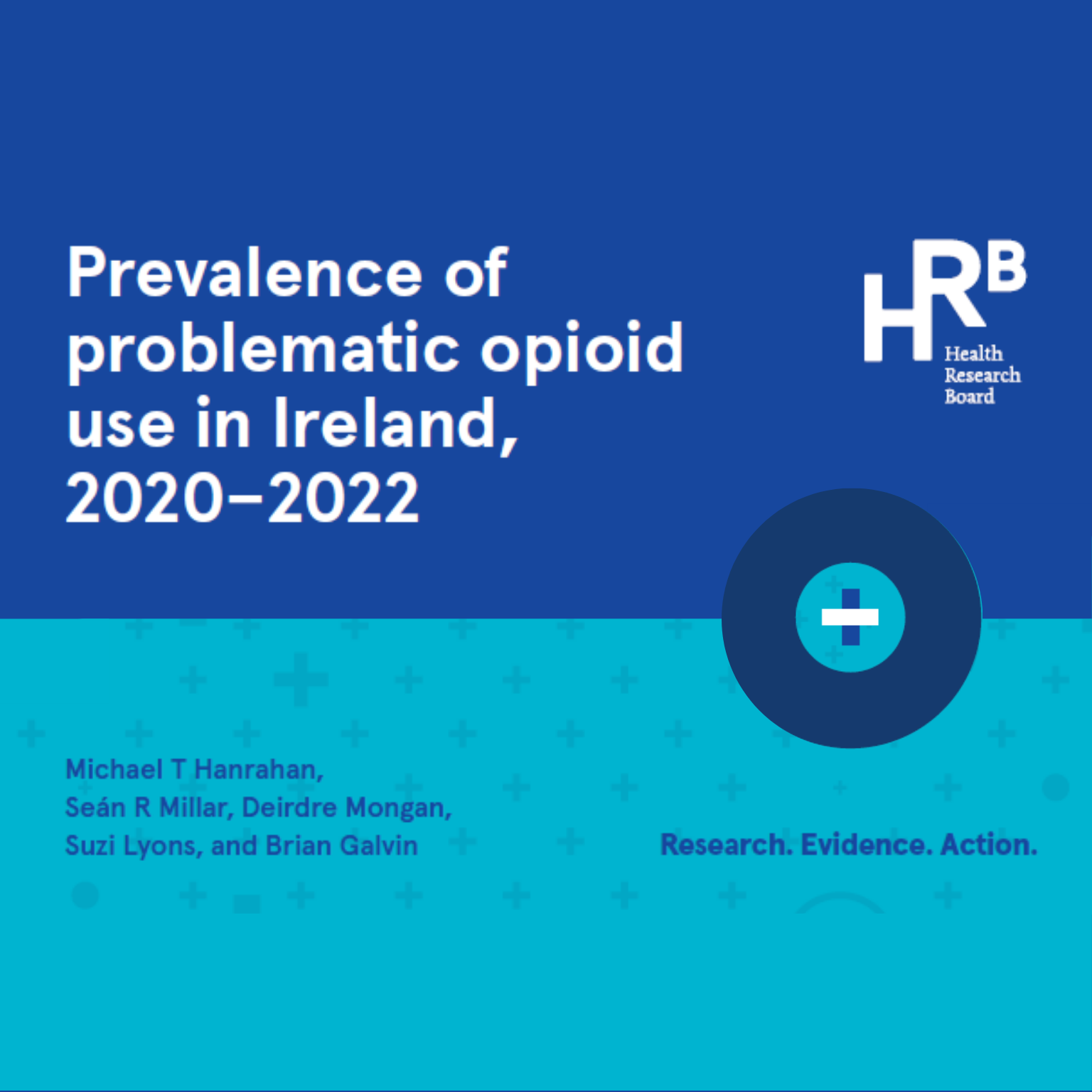New research will investigate how changing diet affects kidney disease
Dr Andrew Smyth, NUI Galway has secured a prestigious Wellcome Post-Doctoral Training Fellowship award through the SFI-HRB-Wellcome Partnership to carry out a clinical trial to determine the effect of dietary modification on kidney disease. The award is worth €486,492 and will be co-funded by SFI, HRB and Wellcome.
4 min read - 26 Jan 2017
Using the award Andrew will also form collaborations with international researchers in McMaster University in Canada and the University of Oxford in the UK to help reveal the risk factors for, and impact of, kidney disease. They will also look at the effect of kidney disease on other aspects of health.
Commenting on the award, Dr Smyth stated that he is ‘very privileged to be given the opportunity to continue to further develop my clinical research skills’.
Speaking about the achievement Dr Graham Love, Chief Executive at the Health Research Board said,
‘Securing this award is a real testament to Andrew’s research capability. These awards are not easy to get and we are delighted to work with SFI and Wellcome to help make them accessible to Irish researchers’.
Commenting on the award, Dr Darrin Morrissey, Director of Programmes at Science Foundation Ireland said, ‘Science Foundation Ireland would like to congratulate Dr Andrew Smyth as the first recipient in Ireland of this award. I hope that his success will encourage other clinician researchers to explore the opportunities available to support excellent and impactful research through the SFI-HRB-Wellcome Partnership.’
Head of Research Careers in Wellcome, Dr Anne-Maire Coriat, commented on the award saying,
‘We are delighted that Andrew was successful in his application for a Clinical Postdoctoral Research Training Fellowship, he is the first successful applicant from Ireland that Wellcome has supported since we launched the scheme for early postdoctoral fellowships in 2011. Research-active clinicians have an overwhelmingly positive impact on patient care but there are still many challenges facing clinicians who juggle clinical work and research. Our recent support for the Wellcome – Health Research Board Irish Clinical Academic Training (ICAT) Programme is a further example of our support for clinical academic research in Ireland – this award provides support for an all-Ireland cross-institutional, comprehensive national programme for Clinician Scientists based at six major Irish universities and their affiliated hospital groups’.
Wellcome’s existing schemes for postdoctoral clinical academics (the Clinical Postdoctoral Research Training Fellowship and Intermediate Clinical Fellowship) have recently been consolidated to establish a new scheme, the Clinical Research Career Development Fellowship. This offers the possibility of longer term support, and much greater flexibility in balancing research and clinical training. Those interested in finding out more, or applying, should visit: https://wellcome.ac.uk/funding/clinical-research-career-development-fellowships.
Further Irish success in securing funding
Recently, three more Irish researchers were successful in obtaining seed funding, worth over €350,000, from Wellcome through the same SFI-HRB-Wellcome Partnership. The Seed Awards are once-off awards of up to £100,000 (or euro equivalent) designed to help researchers develop a novel research idea, which could form part of a larger grant application in the future.
The three recent successful awardees are using their funding to understand the function of a novel molecule in killing breast cancer cells, to model the transport of drugs into diseased heart tissue and to generate models of motor neuron diseases using fruit flies.
In the Royal College Surgeons of Ireland, Dr Triona Ní Chonghaile aims to further characterise the function of a novel small molecule, previously identified by Triona’s research. This molecule preferentially kills breast cancer cells that are resistant to chemotherapy over normal cells and this award will allow Triona’s research group identify the mechanism controlling this effect. The award will also be used to help develop this drug into a potentially new therapy for patients.
Dr Ellen Roche, based in the National University of Ireland in Galway, will work on modelling the transport of drugs into diseased heart tissue using a novel, implantable device that is attached to the outer surface of the heart. Ellen’s work has the potential to ultimately improve treatment for patients with heart failure.
Dr Niamh O’Sullivan in University College Dublin will focus on the generation of models that can be used to study neuron diseases. Specifically, Niamh’s research will generate fruit fly models of a group of motor neuron diseases caused by genetic mutations, known as hereditary spastic paraplegias (HSP). These novel disease models will allow a greater understanding of the characteristics of neuron degeneration in HSP, which will feed into the development of new therapies for those suffering from motor neuron diseases such as HSP.
Seven researchers based in the Republic of Ireland have been successful in securing Seed Awards since the scheme opened in 2015. The closing date for the next round is 13th March 2017, with outcomes due in May 2017.
Anyone wishing to apply can find more information on the scheme here: https://wellcome.ac.uk/funding/seed-awards-science
For more press information contact:
Gillian Markey, Communications Manager, Health Research Board, m +353 87 2288514 e gmarkey@hrb.ie
4 min read - 26 Jan 2017



